Oily skin is a common problem that many people experience. The sebaceous glands produce excess oil to moisturize the skin and keep it from drying out.
However, when your body produces too much of this substance, it can lead to oily skin problems such as acne and clogged pores. This article will discuss what causes oily skin, how you can prevent it from getting worse, and what you should do if you already have oily skin.
Our body can be inconsistent, your hair might just become dry one day and extra greasy the day later, and you can wake up one day looking up why is my hair so oily all of a sudden because your skin woke up and chose “Oily”!
first, let’s understand more about skin types so you can know how to indentify your skin and its needs.
Contents
Skin types are divided into four kinds:
dry skin, oily skin, combination skin and sensitive skin.
Dry skin
dry skin is typically characterized by skin that is usually tight, flaky and rough. The best way to care for dry skin is with a moisturizer or oil-based cleanser as they are more likely to absorb quickly into the skin. You should make to to keep the skin hydrated at all times.
best products for dry skin are:
Products that are rich in hydrating ingredients such as glycerin or shea butter.
Oily skin
Oily skin is characterized by an excess of sebum which leads to a shiny appearance and clogged pores, making it the most common type of skin. The best way to care for oily skin is with astringent toners as they will help to balance the skin’s natural oil production and reduce pore size.
Astringent toners which will help to balance the skin’s natural oil production, such as rose water or witch hazel.
Oily skin can be oily because of genetics or environment factors such as overuse of certain products which might have caused skin to overproduce oil as a way of protecting itself from these irritants.
Oily skin needs extra care and attention, so it is important to follow an appropriate skincare routine. A gentle cleanser will be suitable for oily skin because they are unlikely to remove too much natural oils which would in turn cause the sebaceous glands to produce an excess.
Many women are not aware that overusing products such as makeup, perfumes and skin care products can cause oily skin because these irritants will overload the sebaceous glands to produce even more oil. It is important to only use skincare products which have been specifically designed for oily skin types in order to give the skin the best chance of returning to a more balanced state.
Oily skin is very common, but there are plenty of ways to control it and prevent it from worsening. The most effective way is to use products which have been specifically designed for oily skin types in order to give the skin the best chance on recovering quickly. It can also be helpful to avoid using cosmetics, especially makeup and skin care products which are designed for dry skin types. This will help your sebaceous glands from being overloaded with irritants that can cause oily skin issues.
The most important thing is to drink plenty of water each day because this will flush out toxins in the body and help regulate oil production.
Oily Skin responds well to the following products:
- Noncomedogenic (won’t cause breakouts) moisturizers that are oil free or water based for a light hydration boost
- Blotting sheets designed to absorb excess oils on your face
- Noncomedogenic, oil free cleansers
Combination skin
Combination Skin is a skin that usually has oily areas and dry patches. It’s best to:
- Use powder or mattifying primer on your oily areas (such as T zone) for long lasting matte finish. Apply moisturizer to the rest of your face with SPF if you have oily skin
- Use cleansing cream, micellar water or oil free gel rather than soap to avoid stripping your natural oils
- Apply a light moisturizer with SPF on the dry patches and follow up with a mattifying primer if needed.
Sensitive skin
sensitive skin is usually characterized by rash, redness or burning sensation upon contact with harsh chemical ingredients. It’s best to:
- Use a mild cleanser and water based moisturizer
- Avoid skin care products that contain fragrances, alcohols, drying agents such as retinoids
- Always conduct a patch test before using any new product on your new product on your skin
- Avoid the use of heavy moisturizers or creams that contain a lot of oily ingredients.
Now you might ask the following:
Why is my skin so oily all of a sudden?
Your Sebaceous glands are likely reacting to your skin care routine and environment. Your skin is producing more oil, or sebum in response to the change.
This can be due to hormonal changes, stress level alterations that have caused an increase of activity in the gland as well as external factors such as weather, pollution and even diet which may trigger the gland to produce excess sebum.
However, it is important to note that Sebaceous glands are a normal function of the skin and do not need to be treated medically unless they have been affected by external factors such as rosacea or other dermatological disorders.
How can I treat my excessively oily skin?
Consider changing your skin care routine, use gentle products and avoid using heavy creams. Replace them with light moisturizers like lotion or gel cream which will not clog pores.
Use a mild cleanser to cleanse the skin if you feel that there is too much oil on the surface of your face, avoid touching or picking at the skin.
Use blotting paper to absorb excess oil on your T zone area. Avoid using facial tissues or toilet tissue as these may encourage more sebum production and cause acne breakouts.
The Sebaceous Glands are one of the main causes of oily skin, but many other things can contribute to this problem such as external factors, lifestyle habits and even skin problems.
External factors such as pollution can cause acne breakouts which will lead to oily skin due to the excessive production of sebum by your Sebaceous Glands.
Lifestyle habits such as staying up late into the night may disrupt your circadian rhythm leading to an imbalance in hormones that regulate oil production. Skin problems such as rosacea can also lead to oily skin by increasing oil production.
Below are some tips on how you can improve your current condition and decrease the oily appearance of your skin.
- Avoid picking or touching at the area around your T zone where there’s a higher concentration of Sebaceous Glands, not only does it increase oil production, but it also damages the skin and can cause scarring
- Cleanse your face with an exfoliating cleanser or a washcloth in order to remove excess oils without stripping away too much natural moisture
- Avoid wearing make up for at least a few hours after cleansing as this will trap oily substances on your skin
- Change your pillowcase at least once a week as this is where oil can build up and lead to acne or pimples, it’s also good for getting rid of excess oils in the head area.
Is acne a factor of oily skin?
No. Acne is not a factor of oily skin, but rather when Sebaceous Glands are overproduced and sebum (oil) build up in the pores leading to acne or pimples.
Acne is actually caused by oily skin, not the other way around..
- Avoid oily or spicy foods that can lead to breakouts
- Drink plenty of water and avoid sugary drinks as these will only agitate the skin more.
- Try a salicylic acid treatment.
How does stress affect my oily skin?
Stress is not a factor in oily skin, but rather when Sebaceous Glands are overproduced and sebum (oil) build up in the pores leading to acne or pimples.
high stress hormone levels does effect your skin condition but in different ways.
Take some time for yourself and indulge in a day of relaxation every now and again. Not only will you feel refreshed, but the calmer state might help break up any impurities inside pores.
Related articles:
Blind Pimples: The Ultimate in Skincare
Is there anything I can use at home to treat oily skin?
Oil is not necessarily bad for skin, and many people with oily skin find that it aids in keeping moisture locked in.
- Applying a good quality face wash is also important to remove any excess oils on the surface of your skin.
- Clay masks treatments are very effective in reducing oil production.
- Drink lots of water
- One way to treat oily skin is through a low carb diet and sticking with more natural products like coconut oil for your hair, body lotion, cooking oils etc.
Other than eating healthy, you can also drink plenty of water each day and avoid drinking too many caffeinated beverages which will dehydrate you.
- Get enough sleep. When you are well rested, your body is more efficient at detoxing and cleaning out pores that might be clogged with oil from the day before.
- Consider using an oil free moisturizer and wash to help reduce the amount of oils on your skin’s surface. This will also help you maintain moisture in the long term, which can be beneficial if you have naturally dry skin as it means less irritation from other products
- Try not to sweat a lot as this can lead to breakouts
- Avoid oily products like makeup, moisturizing creams, and other skin care items that contain oils. These will only make your oil production worse
Are there any treatments I could follow to prevent my skin of becoming too oily?
Consider using a gel cleanser or foam to help remove oil. This is because foams and gels are more light weight, so they do not disturb the natural balance of your skin’s oils
Avoid over washing as this can lead to dryness which will make it even harder for you to control oily skin in the future
There are a few prescription medications for oily skin, but they may not be the best option as it can lead to dryness and other types of side effects,some doctors might recommend laser treatments that will reduce oil production by targeting sebaceous glands with heat or lasers. This procedure has been shown to great results in some people .
Is Oily skin hereditary?
There is a genetic component to oily skin. Your parents may have oily skin and passed it on to you. You might be more likely to get oily skin if your family members often suffer from breakouts or acne, but this won’t guarantee that will happen too.
Is there an age range where the outbreak of oiliness increases?
Some people might experience a spike in oily skin around puberty. As you get older, the amount of oil on your face can increase as well.
There are many myths surrounding oily skin:
Oily skin is not bad or dirty. It’s just different than other types of skin and needs to be taken care of differently with certain products.
The skin type you have is determined by your genetics, but there are many factors that can cause oily skin to be more or less obvious such as hormones and skincare products.
Oily skin can also not mean extra oil production in the sebaceous glands – it could just be a build up of waste materials on the skin’s surface.
Oily skin can be caused by an overactive gland as well, like those in the scalp or groin areas.
Oily skin is not bad and it doesn’t need to be treated with harsh prescription medication, there are a lot of ways you can take care of oily skin through what you do inside and outside of the house.
Are there supplements I can take for oily skin?
- Omega-rich foods like oily fish and nuts are fantastic for skin health because they reduce inflammation.
- Vitamin C is another fantastic supplement that can help with skin health.
What do I need to know about dietary supplements?
Supplementation can be tricky, but there are some great ones out there that you might want to look into – these include selenium, magnesium orotate, zinc, vitamin A, vitamin C and copper.
The skin care regimen that I’m working with for my oily skin is the same as always, but it just doesn’t seem to work like it used to!
We hope this article was useful for you. Happy skin care!
Related articles:
What Causes Crepey Skin? Tips on How to Prevent & Treat It
Is Makeup Causing Premature Aging on Your Skin?

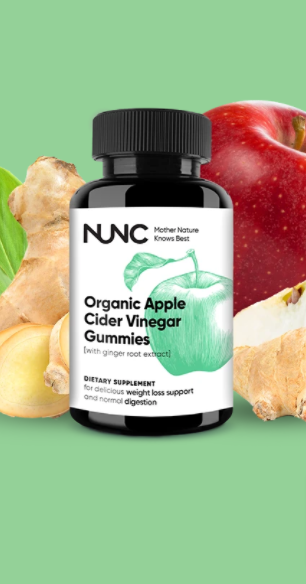



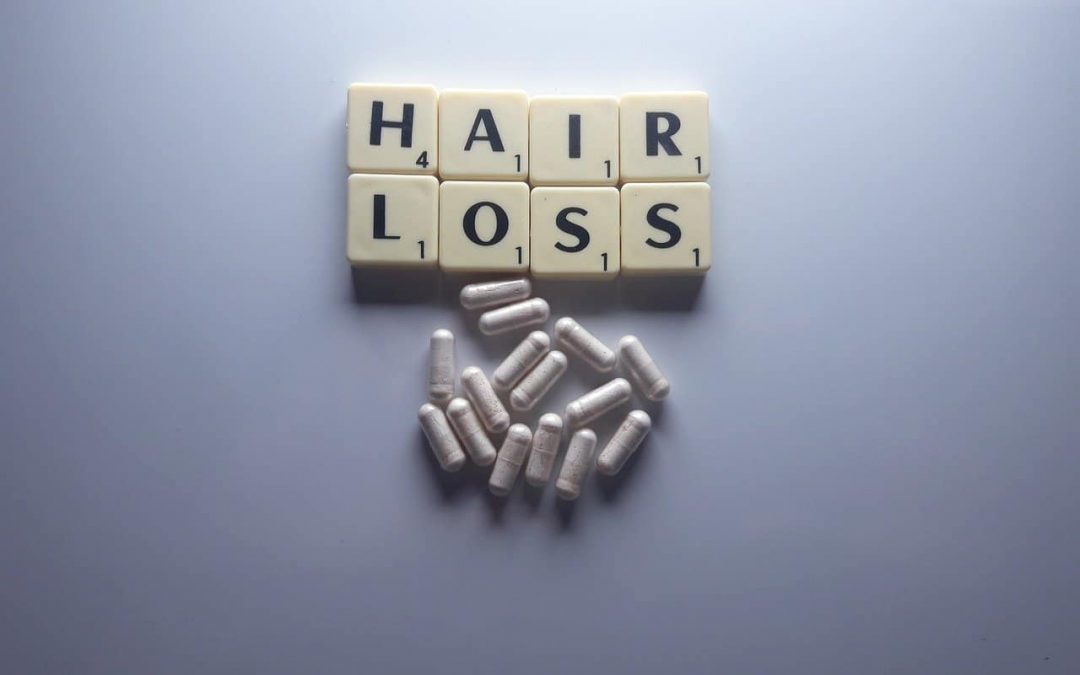
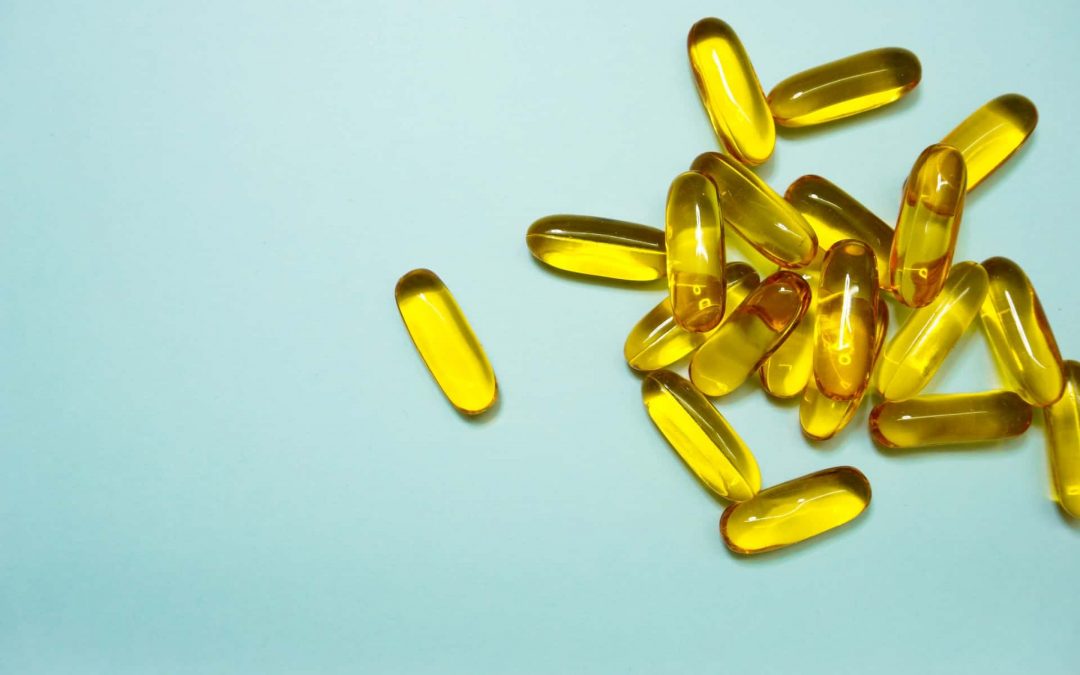
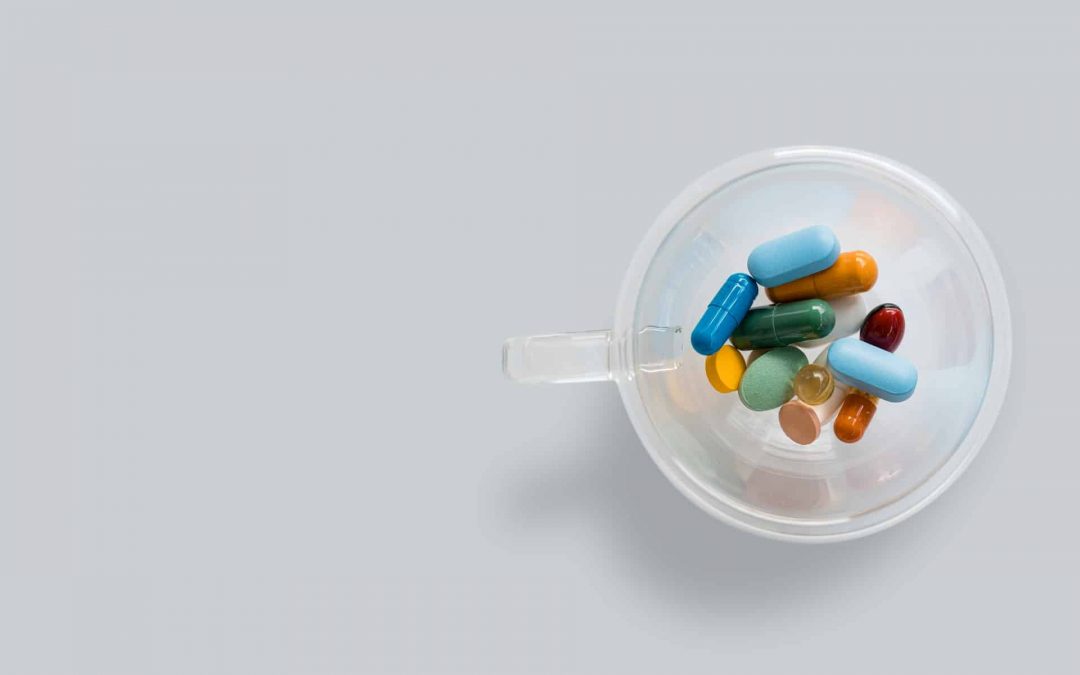
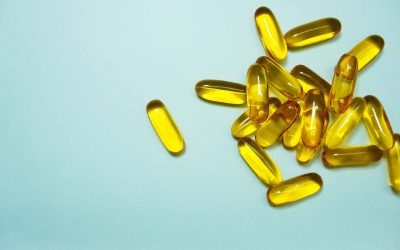


0 Comments